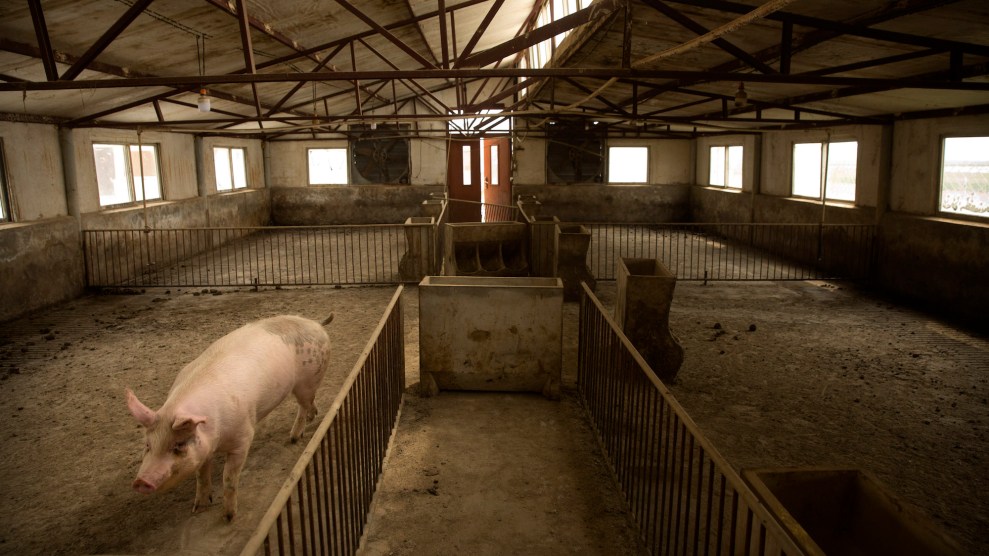A heat wave this week could produce all-time record highs at multiple European cities. This heat wave – which will be unusually strong for so early in the summer – will gin up some of the hottest June temperatures ever recorded in western and northern Europe.
At a Glance:
A vicious heat wave this week could produce all-time record highs at multiple European cities. This heat wave – which will be unusually strong for so early in the summer – will gin up some of the hottest June temperatures ever recorded in western and northern Europe.
The European and GFS (American) forecast models are in strong agreement on the development of a blocking ridge of high pressure from near Greenland into western Europe. The setup is related to a negative phase of the North Atlantic Oscillation (NAO) that has prevailed since late April and that could intensify this week.
Often a blocking high over Greenland leads to cooler, cloudier conditions in western Europe, but in this case an upper-level trough is positioned over the eastern Atlantic, west of France. The Greenland high will arc around and to the north of the trough and into western Europe. This topsy-turvy pattern, known as a rex block, can last for a number of days.
Continue reading at: Europe Awaits Record-Smashing June Heat Wave | The Weather Channel
At a Glance:
- The upper-level pattern will allow heat to build across Europe in the week ahead.
- A heat wave is expected in western and northern Europe.
- All-time June high-temperature records will likely be smashed in some countries.
A vicious heat wave this week could produce all-time record highs at multiple European cities. This heat wave – which will be unusually strong for so early in the summer – will gin up some of the hottest June temperatures ever recorded in western and northern Europe.
The European and GFS (American) forecast models are in strong agreement on the development of a blocking ridge of high pressure from near Greenland into western Europe. The setup is related to a negative phase of the North Atlantic Oscillation (NAO) that has prevailed since late April and that could intensify this week.
Often a blocking high over Greenland leads to cooler, cloudier conditions in western Europe, but in this case an upper-level trough is positioned over the eastern Atlantic, west of France. The Greenland high will arc around and to the north of the trough and into western Europe. This topsy-turvy pattern, known as a rex block, can last for a number of days.
Continue reading at: Europe Awaits Record-Smashing June Heat Wave | The Weather Channel








